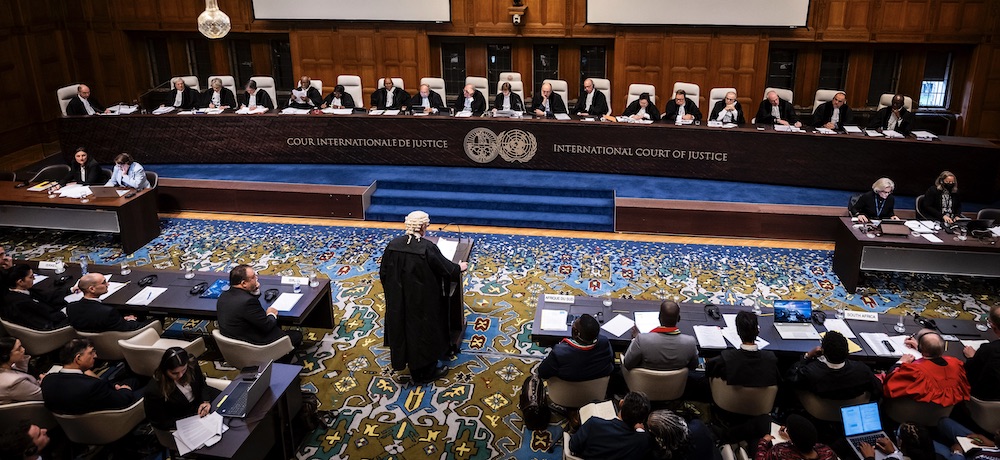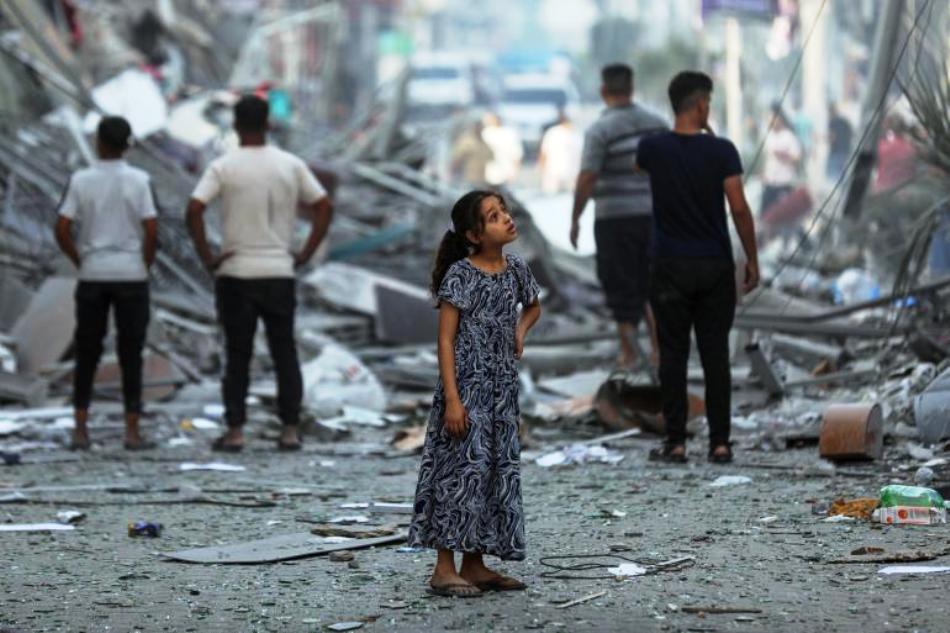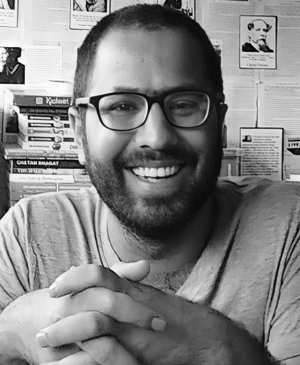by Muhammad Nadeem
The ICJ’s capacity lies in declaring legal obligations and consequences for violations based on evidence, not enforcing judgments. Its precedent, expertise and reputation exert soft power, but states may ignore legally or politically inconvenient decisions without direct reprisal.

The International Court of Justice (ICJ) is the principal judicial organ of the United Nations. Established in 1945 by the UN Charter, the Court hears legal disputes between states and gives advisory opinions to UN bodies. It has a dual role – to settle controversies between states and clarify questions of international law.
As per their website, the ICJ is composed of 15 judges elected by the UN General Assembly and Security Council. To issue binding decisions, it applies international treaties, conventions, customs, judicial precedents, and scholarly teachings. The ICJ receives contentious cases between states accepting its jurisdiction and requests for non-binding advisory opinions from authorized UN entities.
ICJ History
The ICJ’s foundations lie in the Permanent Court of Arbitration (PCA), established in 1899 to facilitate conflict resolution. Though not a standing court, PCA signatories could appoint arbitrators to adjudicate disputes. In 1907, recognising limitations around enforcing international law, the Hague Peace Conference proposed creating a permanent court.
World War I delayed plans for this court. In 1920, the League of Nations compromise created the Permanent Court of International Justice (PCIJ). The PCIJ, operational by 1922, was the first standing international tribunal. It co-existed with the PCA for conflicts states preferred to arbitrate, the website notes.

Unlike the PCA’s optional clause, PCIJ judges served fixed terms, allowing faster adjudication between states. However, the WWII outbreak quickly overshadowed its functioning. In 1945, the PCIJ dissolved alongside the ill-fated League of Nations.
Under the new UN Charter, drafted in 1945, Article 92 established the International Court of Justice. As the PCIJ’s replacement, it inherited the older court’s mandate, judges, procedural rules and pending cases. The ICJ Statute is annexed to the Charter, outlining its composition, jurisdiction, functioning and procedures. In 1946, the PCIJ became the ICJ.
ICJ Composition
The ICJ comprises 15 judges, who must represent the ‘main forms of civilisation and principal legal systems of the world.’ This guarantees geographical distribution and diversified judicial reasoning. The UN General Assembly and Security Council elect ICJ judges independently but simultaneously.
To be elected, a candidate needs an absolute majority in both UN bodies. Judges serve nine-year terms, with elections, as their website says, staggered every three years for one-third of judges. There is no limit to how long or often judges can be re-elected.
No two judges can be nationals of the same state. Further, judges are independent actors, not state representatives. They are subject to no influence and can be removed only by the unanimous opinion of other judges. Every three years, judges elect a President and Vice President by absolute majority through a secret ballot.
The President oversees judicial business and engages in external correspondence. While the Vice President deputizes when needed, the senior judge substitutes in other situations.
Jurisdiction and Functioning
The ICJ performs twin functions – it adjudicates contentious cases between consenting states and delivers non-binding advisory opinions. Accordingly, it has two kinds of jurisdiction:
Contentious Jurisdiction: The Court has contentious jurisdiction when states involved in a legal dispute have accepted its authority. Parties must be states, not private entities, or international organisations. States accept jurisdiction through four mechanisms:
Special Agreement: States refer a particular dispute to the Court through a compromise document mutually consenting to jurisdiction.
Treaties or Conventions: Pre-existing treaties often designate the ICJ as the default dispute resolution body.
Optional Clause: Through ‘compulsory jurisdiction’ declarations under ICJ Statute Article 36(2), states unilaterally accept ICJ adjudication generally or with reservations.
Forum Prorogatum: When appearing to argue jurisdiction preliminary objections, a state can forfeit this objection, accepting ICJ authority.
Advisory opinion jurisdiction: UN organs and agencies authorised by the Assembly can request non-binding legal opinions on activities within their scope. As stated on the ICJ website, only states and UN observers can furnish information to advisory proceedings.
Contentious cases involve written and oral phases. Parties submit legal pleadings, exchange written arguments, and make oral representations before the full court or smaller ‘Chambers.’ After deliberating, judges issue binding majority verdicts. However, the ICJ has no direct enforcement mechanism; it depends on state compliance, UN intervention or reputational damage for implementation.
Advisory matters involve fewer case phases. The Court solicits written statements and oral presentations to understand legal issues before opening. These views clarify UN bodies’ activities but are non-binding interpretations rather than enforceable judgments. However, certain organizations’ founding charters give ICJ advisory opinions binding force internally.
ICJ Authority in Israel – Palestine Dispute
The ICJ has no jurisdiction to try individuals for international crimes but clarifies legal consequences when states breach obligations. Recently, it began considering breaches by Israel’s conduct towards Palestinian territories and people.
In 2004, the ICJ opined on Israel constructing a separation wall in occupied Palestinian territory, violating international humanitarian law. It found the wall and associated regime breached self-determination rights, demanding their reversal per international law. Israel disputes allegations of human rights violations during Gaza military operations.
Current ICJ Proceedings
South Africa approached the ICJ accusing Israel of violating the Genocide Convention by occupying Palestinian territory since 1967 and lethal military operations in Gaza. South Africa argues that indiscriminately attacking civilians, mass displacement, articulated dehumanization and blockade-induced famine show genocidal intent towards Palestinians as a protected group.
Citing Convention provisions allowing states to dispute breaches, South Africa requests:
An urgent order for Israel to exit Gaza and stop hostilities, per ICJ power to indicate interim measures protecting disputed rights.
An advisory opinion on breaches and legal consequences from prolonging occupation, altering Jerusalem’s demography and status and passing discriminatory legislation.
In February 2023, the ICJ decided it had prima facie jurisdiction based on South Africa and Israel ratifying the Genocide Convention.
Constraints
Can the ICJ decisively intervene against the ongoing Gaza bombardment, given its mandate constraints? Analysis suggests effective relief remains unlikely.
The ICJ can issue an interim protection order asking—but not mandating—Israel to refrain from Gaza hostilities. It did so previously, demanding Russia suspend Ukraine operations. However, Israel may dispute interim measures without contravening ICJ rulings.
Moreover, the Court cannot enforce interim orders. It depends on state compliance or external pressure through reputational concerns or UN Security Council intervention. Here too, politics obstruct relief; the US frequently shields Israel from UNSC censure using its veto power.

Ultimately, the ICJ’s capacity lies in declaring legal obligations and consequences for violations based on evidence, not enforcing judgments. Its precedent, expertise and reputation exert soft power, but states may ignore legally or politically inconvenient decisions without direct reprisal. The ICJ clarifies rather than compels.
Thus, while an authoritative ICJ ruling against Israeli actions could strengthen multilateral demands, practical improvements require Israel’s constructive participation. Unenforced condemnation may be principally symbolic. However, the symbolism should not obscure how unequivocally declaring genocidal policy breaches legal boundaries. The ICJ pricks global conscience; lawfare aims deeper than military warfare.















